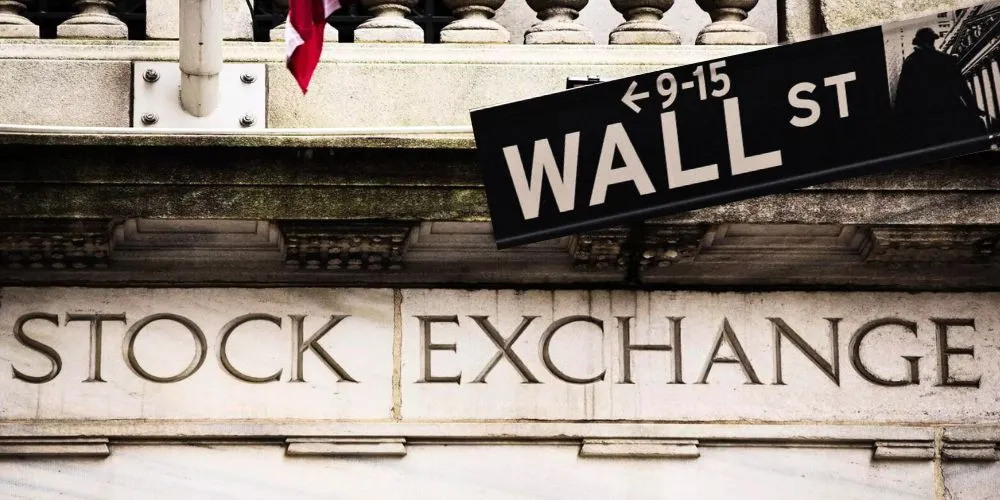Key Points
- U.S. Stocks rose with the S&P 500, and Dow Jones saw gains as inflation slowed closer to the Fed’s 2% target.
- U.S. personal spending grew by 0.2% in August, marking the slowest increase in seven months.
- European markets reached record highs, driven by China’s potential new stimulus measures.
- Oil prices fluctuated as traders assessed the impact of increased supply from Libya and OPEC+.
U.S. stocks opened mostly higher on Friday, supported by fresh economic data showing that the Federal Reserve’s preferred inflation gauge has moved closer to its 2% target. At the same time, consumer spending growth remained steady, offering optimism that the economy is cooling without significant disruptions.
As of 10:10 ET (14:10 GMT), the S&P 500 had added 0.15% to 5,753.96, while the Dow Jones Industrial Average gained 0.49% to 42,382.39. The Nasdaq 100 had added 0.01% to 20,118.01.
New data revealed that U.S. consumer spending grew slower than anticipated in August, signaling a mild deceleration in economic activity. Personal spending—which drives more than two-thirds of the U.S. economy—rose by 0.2% in August, down from a 0.5% gain in July. Economists had expected a slightly higher increase of 0.3%. This marked the slowest monthly gain in seven months.
Household income also slowed unexpectedly to 0.2%, from 0.3% the previous month, with predictions originally pointing toward 0.4%. Despite the slowdown, wage gains have continued to support consumer spending, even as the U.S. labor market shows signs of softening.
Inflation data, meanwhile, showed continued easing. The Personal Consumption Expenditures (PCE) price index, a key measure used by the Federal Reserve to track inflation, rose by just 0.1% month-on-month, below July’s 0.2%. Year-on-year, the PCE cooled to 2.2%, slightly below expectations of 2.3%. When excluding volatile items like food and fuel, the core PCE index ticked up to 2.7% annually, slightly faster than July’s 2.6%, but also showing inflation under control. This data comes shortly after the Federal Reserve slashed borrowing costs by an outsized 50 basis points last week and signaled potential future cuts.
European stocks rallied to a fresh record high in mid-morning trading, bolstered by momentum from a China-led rally in Asia. Reports that China is considering new stimulus measures on top of recent efforts to stabilize its economy have buoyed investor sentiment. This rally drove European markets higher, benefiting luxury goods companies like LVMH, Kering, Hermes, Hugo Boss, and Burberry, which derive significant revenues from Chinese consumers. Automobile stocks also saw gains, further supported by China’s potential stimulus.
Oil prices experienced volatility on Friday as investors weighed news of potential increased output from Libya and OPEC+. Crude Oil Futures dipped by 0.30% to $67.47 a barrel, while Brent Crude Futures fell by 0.42% to $70.79
In Libya, competing factions agreed to resolve a dispute over the central bank, which could lead to the return of over 500,000 barrels per day of oil to global markets. Meanwhile, OPEC+ plans to reverse 180,000 bpd of ongoing output cuts by December. However, uncertainty remains regarding the potential impact of China’s stimulus measures on global oil demand.





